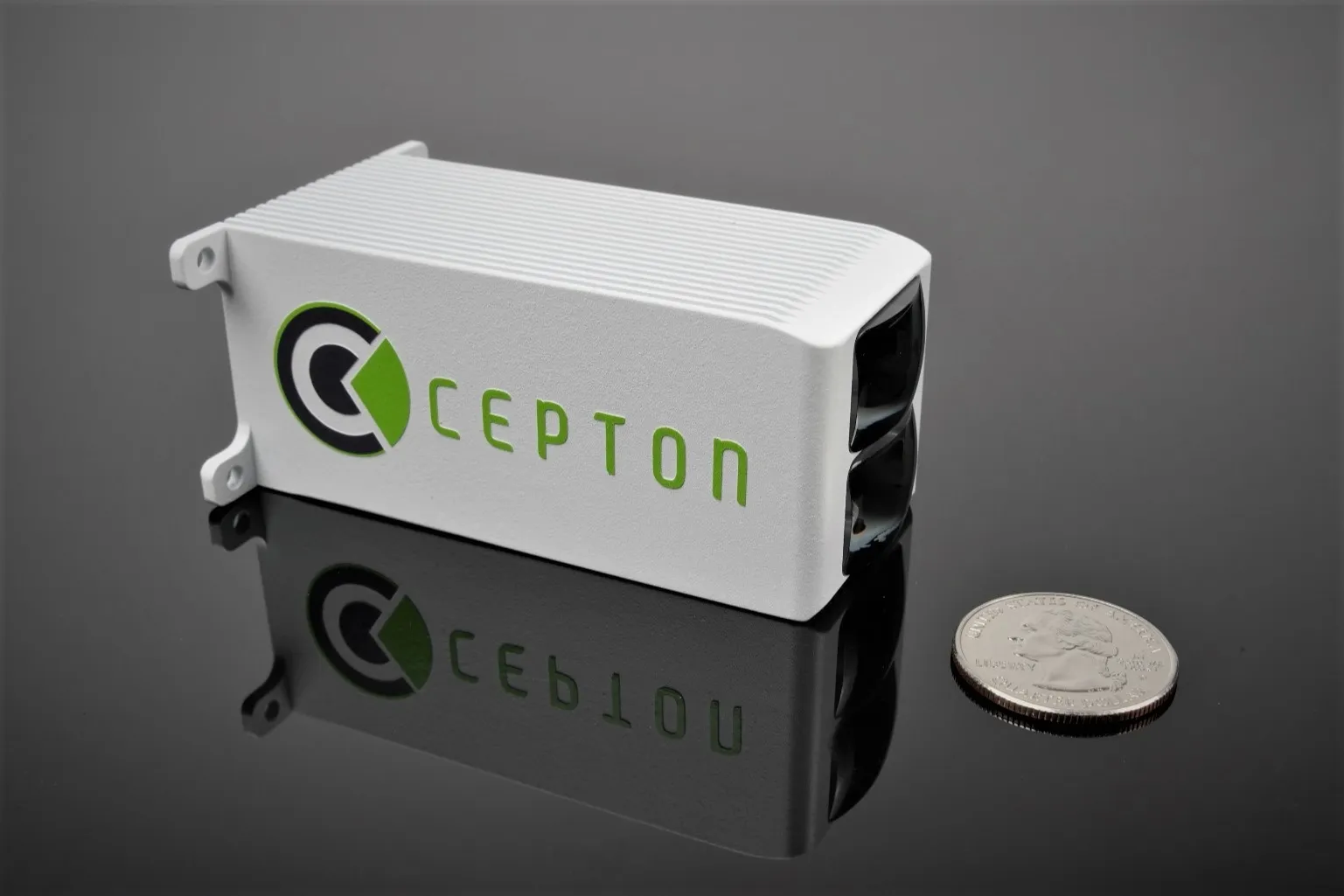Blind spot detection and rear-view cameras with park assist were the two features that tied for consumers' most-wanted car safety technology in a recent Edmunds.com survey. Edmunds polled more than 2,000 active site visitors to explore the vehicle safety technologies that most appealed to them for their next car purchase.
“The most wanted features, like the blind spot detection, act more like co-pilots for your car,” said Edmunds senior analyst Ivan Drury, “providing drivers with 360 degrees of informati
November 7, 2014
Read time: 2 mins
Blind spot detection and rear-view cameras with park assist were the two features that tied for consumers' most-wanted car safety technology in a recent 6843 Edmunds.com survey. Edmunds polled more than 2,000 active site visitors to explore the vehicle safety technologies that most appealed to them for their next car purchase.
“The most wanted features, like the blind spot detection, act more like co-pilots for your car,” said Edmunds senior analyst Ivan Drury, “providing drivers with 360 degrees of information they wouldn't otherwise have.”
In the survey, 89 per cent of people said they wanted their next car to have rear-view cameras with park assist, which is another term for rear back-up sensors. Among those respondents, 61 per cent were willing to pay US$100 to US$500 for the camera and sensors.
Those unwilling to pay for back-up camera technology now only have to wait a couple years. By law, rear-view monitoring technology will be standard on all vehicles by the 2018 model year.
“Safety technology has evolved from features that mitigate the severity of an accident to features that can prevent an accident, bringing us closer to fully autonomous driving,” Drury said.
Blind spot detection tied for the most-wanted feature: 89 per cent want it and 56 per cent of respondents said they would be willing to pay US$100 to US$500 for it.
Automatic high beams were the least-valued technology, with 65 per cent of respondents expressing interest in the technology, but not a willingness to pay extra for it.
Adaptive headlights were a popular feature, with 80 per cent of respondents wanting the technology on their next vehicle, but 95 per cent of them unwilling to pay more than US$500 for it.
Front crash prevention technology, which includes forward collision warning and autonomous braking systems, took third place among the most wanted features in the survey, with 79 per cent of people wanting it in their next vehicle. Among those who wanted front crash prevention, 55 per cent were willing to pay up to US$500 and an additional 16 per cent would pay up to US$1,000.
“Consumers told us they both wanted and were willing to pay for front crash prevention, which leads us to believe that drivers are receptive to some self-driving elements of the latest safety technologies,” said Drury.
“The most wanted features, like the blind spot detection, act more like co-pilots for your car,” said Edmunds senior analyst Ivan Drury, “providing drivers with 360 degrees of information they wouldn't otherwise have.”
In the survey, 89 per cent of people said they wanted their next car to have rear-view cameras with park assist, which is another term for rear back-up sensors. Among those respondents, 61 per cent were willing to pay US$100 to US$500 for the camera and sensors.
Those unwilling to pay for back-up camera technology now only have to wait a couple years. By law, rear-view monitoring technology will be standard on all vehicles by the 2018 model year.
“Safety technology has evolved from features that mitigate the severity of an accident to features that can prevent an accident, bringing us closer to fully autonomous driving,” Drury said.
Blind spot detection tied for the most-wanted feature: 89 per cent want it and 56 per cent of respondents said they would be willing to pay US$100 to US$500 for it.
Automatic high beams were the least-valued technology, with 65 per cent of respondents expressing interest in the technology, but not a willingness to pay extra for it.
Adaptive headlights were a popular feature, with 80 per cent of respondents wanting the technology on their next vehicle, but 95 per cent of them unwilling to pay more than US$500 for it.
Front crash prevention technology, which includes forward collision warning and autonomous braking systems, took third place among the most wanted features in the survey, with 79 per cent of people wanting it in their next vehicle. Among those who wanted front crash prevention, 55 per cent were willing to pay up to US$500 and an additional 16 per cent would pay up to US$1,000.
“Consumers told us they both wanted and were willing to pay for front crash prevention, which leads us to believe that drivers are receptive to some self-driving elements of the latest safety technologies,” said Drury.








